Adam Strauß
Chairman of the Council of German Sinti and Roma in Hesse
Commemoration speech on the occasion of 2 August 2021, Holocaust Memorial Day for Sinti and Roma
Ladies and Gentlemen,
The fact that we are commemorating the genocide of Sinti and Roma here in Darmstadt today is particularly significant for me, also because my mother was deported to Auschwitz from Darmstadt. If her and also my father, who was deported to Auschwitz from Marburg, had not survived, I would not be speaking to you here today. That was precisely the Nazis’ declared goal.
They survived because they had been classified as fit for work and had been transported to other camps for forced labor.
Because otherwise they would have been murdered, like the total of over 500,000 Sinti and Roma who did not survive the Nazis’ racial fanaticism – including my mother, brother, three sisters, two nieces, a nephew and numerous uncles, aunts and cousins of my father. Also very few of my mother’s family survived. In Auschwitz alone, over 20,000 of our people were murdered.
The families of my parents – my family – is unfortunately only one example, for the many families of the Sinti and Roma in Europe, of which probably none was spared.
August 2 is the day of remembrance of the genocide of Sinti and Roma. Genocide – what does that mean? For us Sinti and Roma, genocide means that every member of the minority here in Europe has to mourn victims in his or her own family. The Nazis did not manage to fully realize their racial mania, but the traces of it are deep, they are deeply inscribed in the memory and hearts of our people.
In the night from August 2 to August 3, 1944, the so-called “Gypsy camp”, Auschwitz Birkenau II was liquidated. Prior to this, the SS had had all the people they considered still fit for work transported away – also to make sure that they would not encounter any great resistance, as had still been the case on May 16, 1944. On that day, the inmates had armed themselves with everything they could find and resisted the planned liquidation.
On August 2, however, the time had come: during the night, the more than 4,000 people still remaining in the camp – mainly old people, women and children – were led into the gas chambers.
But even those who survived had to struggle with the consequences of the persecution; my mother died in 1962 at the age of only 44 from the late effects of imprisonment, forced labor and Mengele’s bestial medical experiments.
August 2 is so important as a day of remembrance in order not to let the memory of the persecuted and murdered fade and as a reminder to all of us!
Because the crimes of the Nazis show where antiziganism, anti-Semitism, nationalism and racism can lead, it is our common task to remember this and to stand up for an open, equal and diverse society!
In this respect, we are also concerned when the work of institutions dedicated to remembering and dealing with the history of National Socialism, such as the Research Center for Nazi Pedagogy at Frankfurt’s Goethe University, is not continued and supported.
The attacks in Halle, Hanau and Kassel have recently shown us in a dramatic way that right-wing, inhuman ideologies are again leading to murders today. The acts are frightening precisely because, as the election results show, they are also an expression of a social shift to the right. On the other hand, I am encouraged by the protests, the alliances and all those who are uniting against right-wing violence, opposing it and insisting on clarification.
Courage that we all urgently need! Because unfortunately, the many alleged individual cases of right-wing machinations in the security authorities show us all too clearly how deeply the contempt for humanity sometimes permeates even the institutions of democratic states that are supposed to guarantee the rule of law.
The current case of the Rom Stanislav, who died during a violent police operation by Czech police, is particularly frightening. The cases of fatal violence during police operations – also in Germany – astonishingly often affect people who are considered non-white or non German. All just isolated cases?
I doubt it! It is all the more important that we lead this fight against forgetting history, against racism and right-wing ideologies together.
We will take an important step in this direction together here in Darmstadt when we finally realize the Anna Mettbach Center, which has been planned for a long time, in order to intensify our educational work with a permanent exhibition about the history of the Sinti and Roma and about antiziganism and to create a place of encounter.
Thank you for your attention!
2 August 2021
Statements 2021
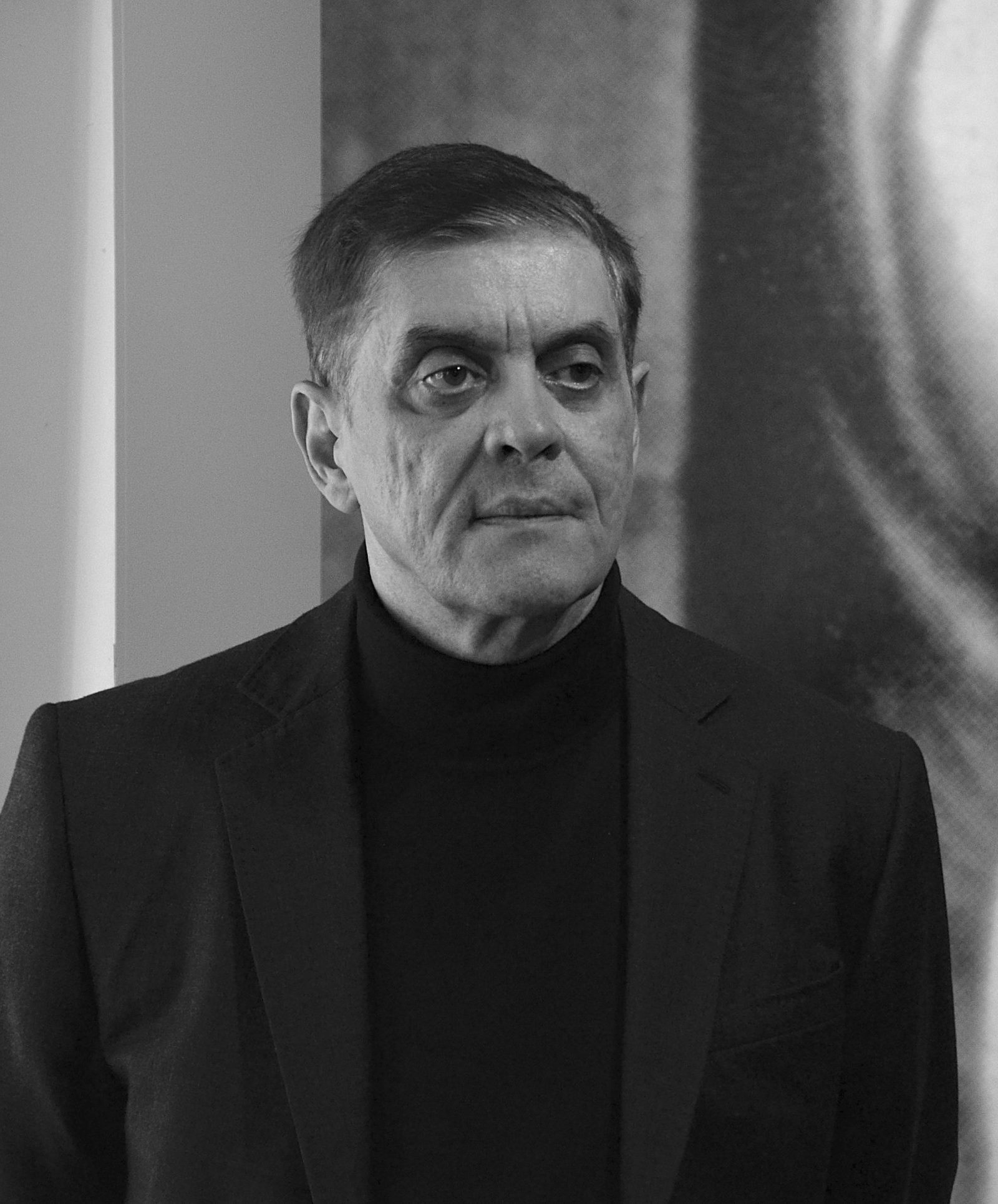
Romani Rose
Chairman of the Central Council of German Sinti and Roma
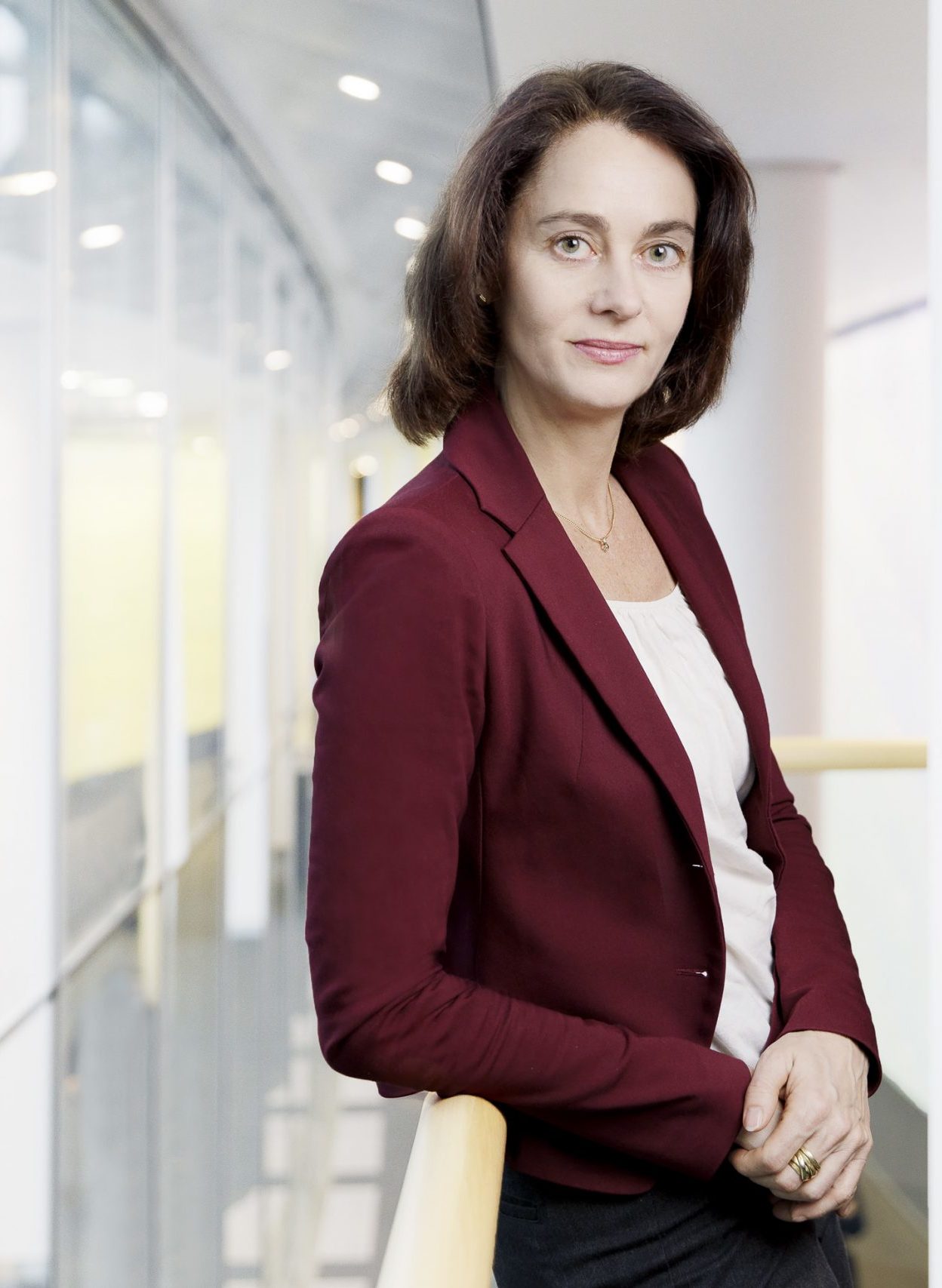
Katarina Barley
Vice President of the European Parliament
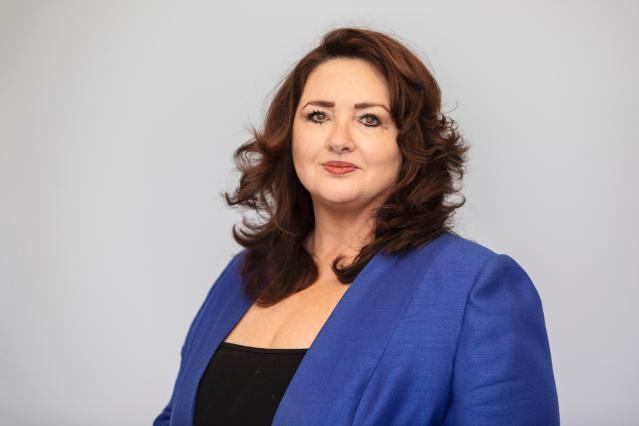
Helena Dalli
European Commissioner for Equality
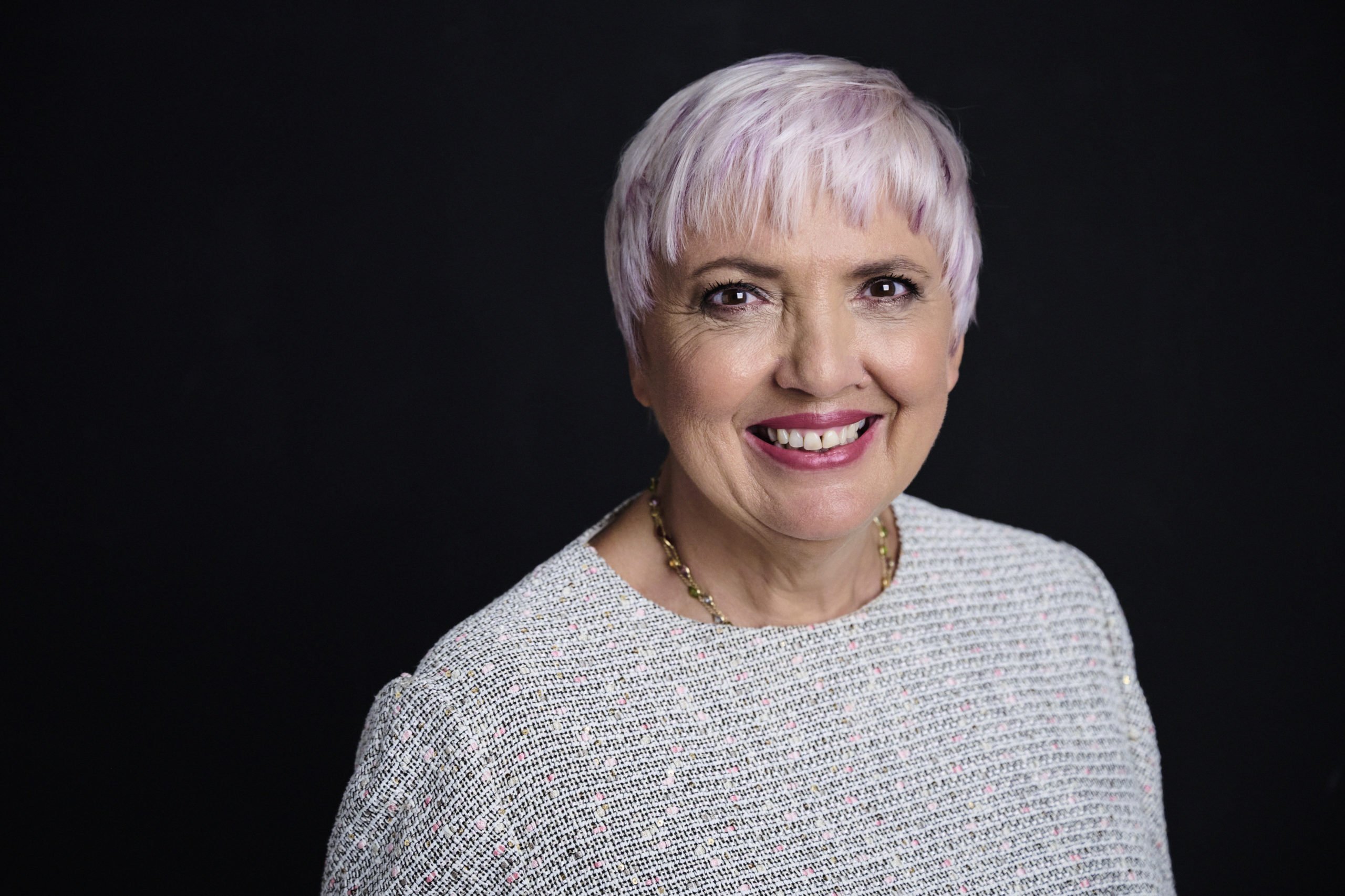
Claudia Roth
Vice President of the German Bundestag
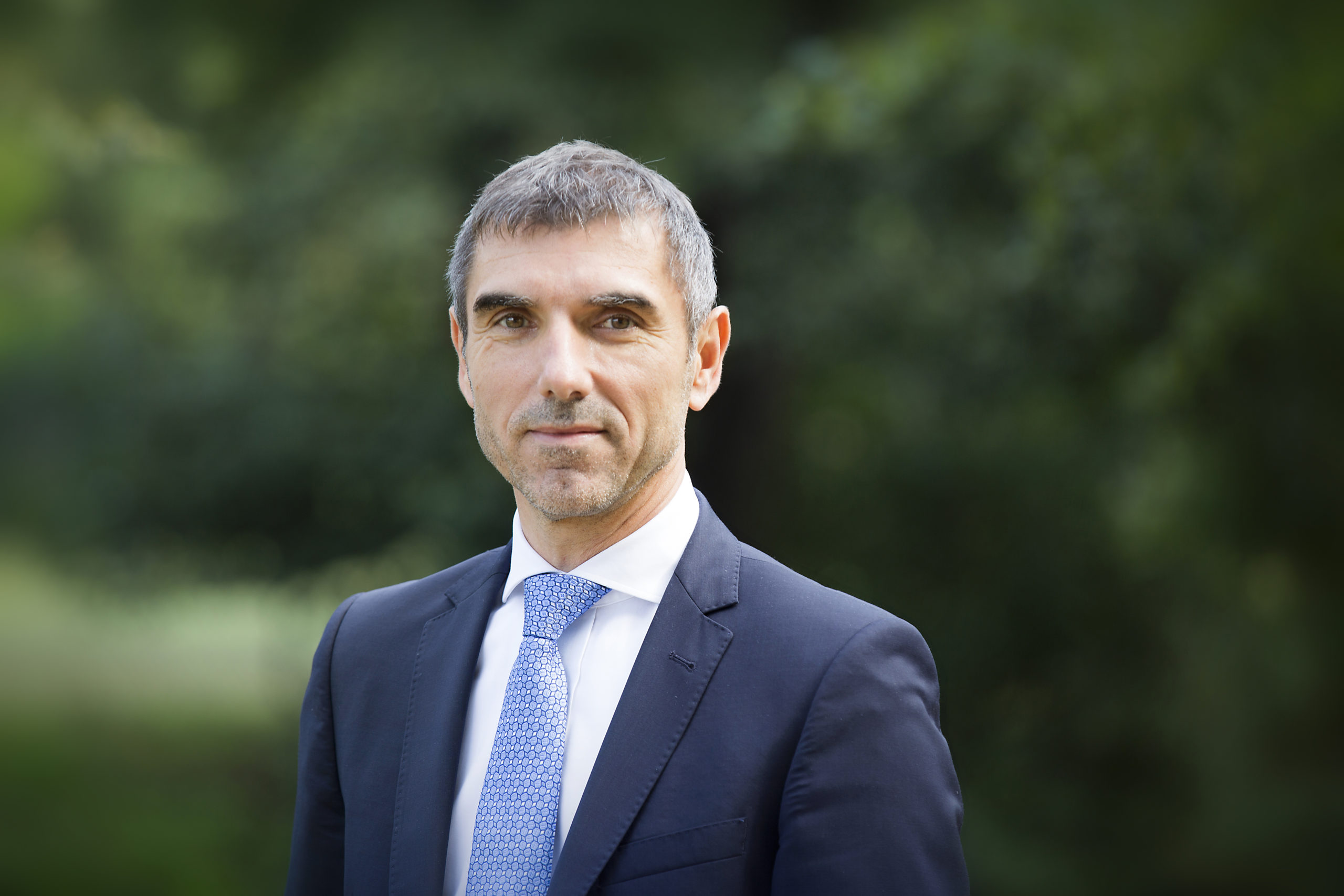
Paul Blokhuis
Dutch State Secretary Paul Blokhuis
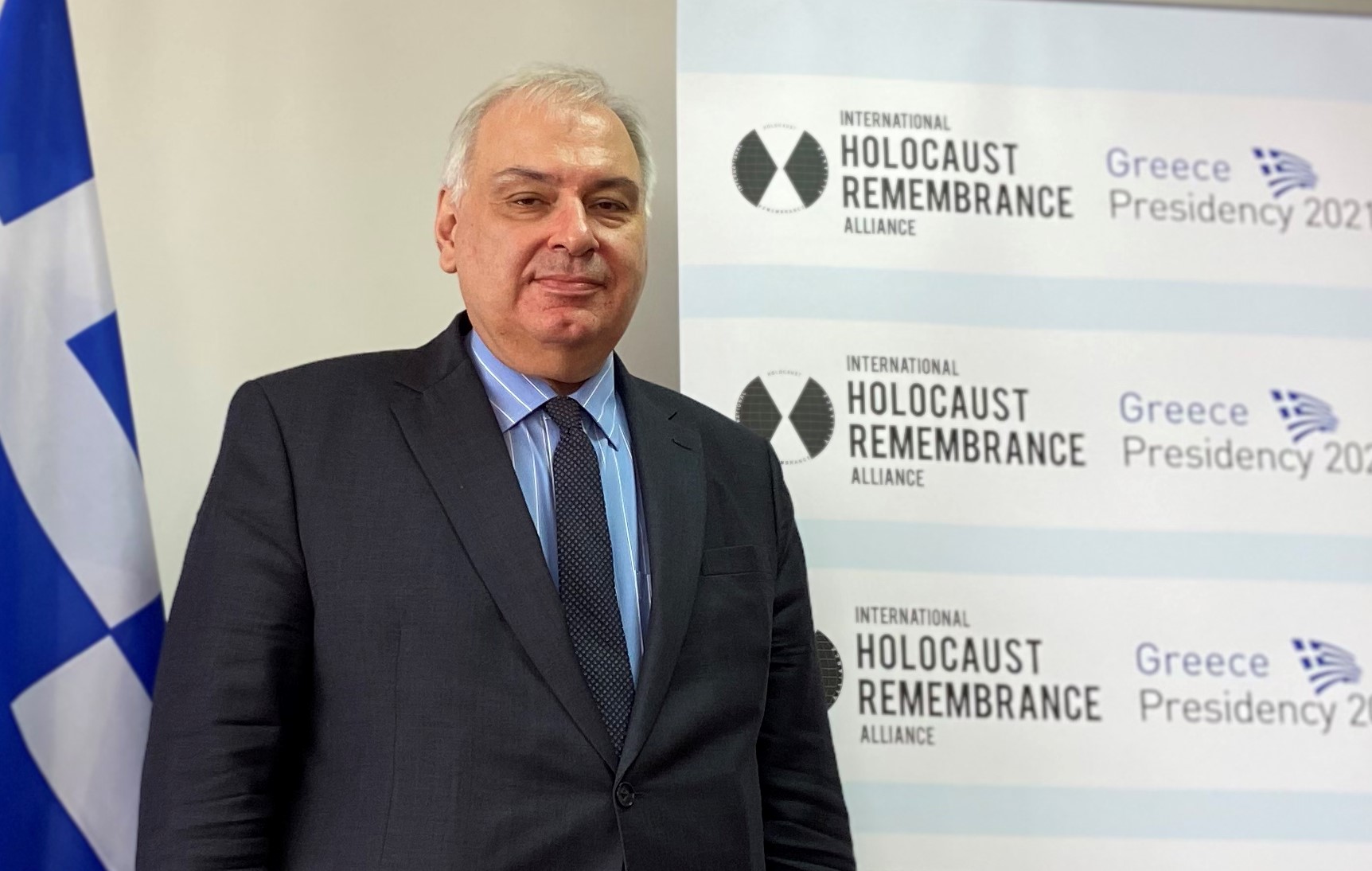
Chris J. Lazaris
Amb. Chris J. Lazaris, IHRA Chairman
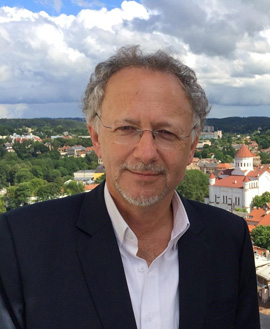
Fernand des Varennes
UN Special Rapporteur UN minorities
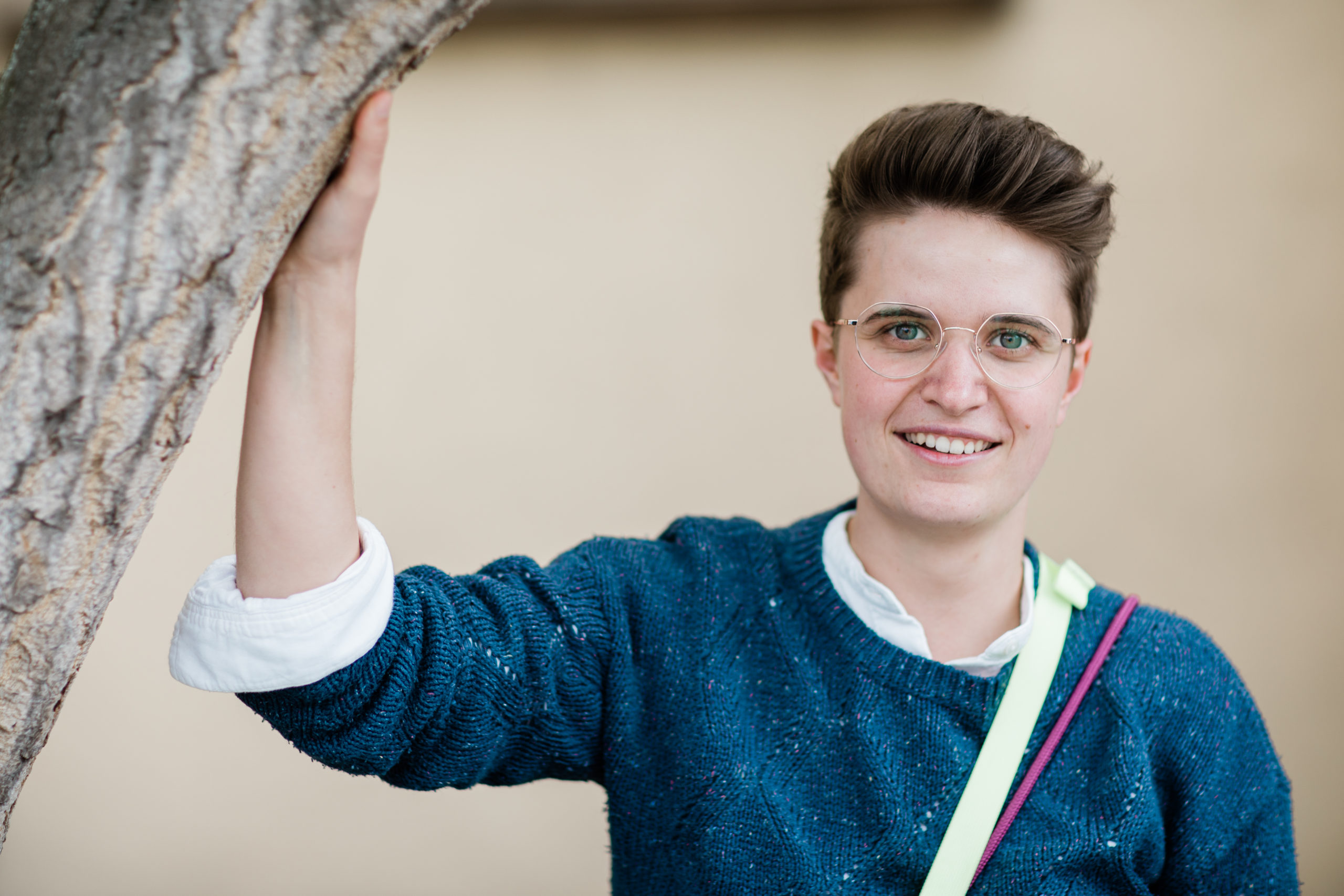
Anna-Nicole Heinrich
President of the Synod of the Evangelical Church in Germany (EKD)

Justin Trudeau
Prime Minister of Canada
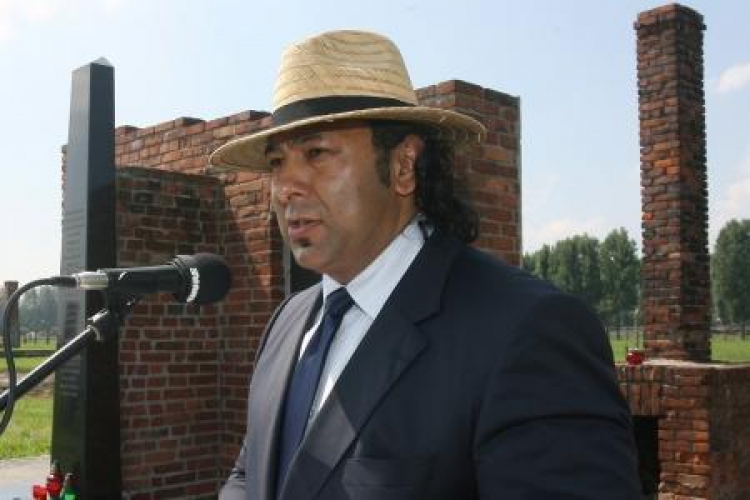
Roman Kwiatkowski
Chairman of the Association of Roma in Poland
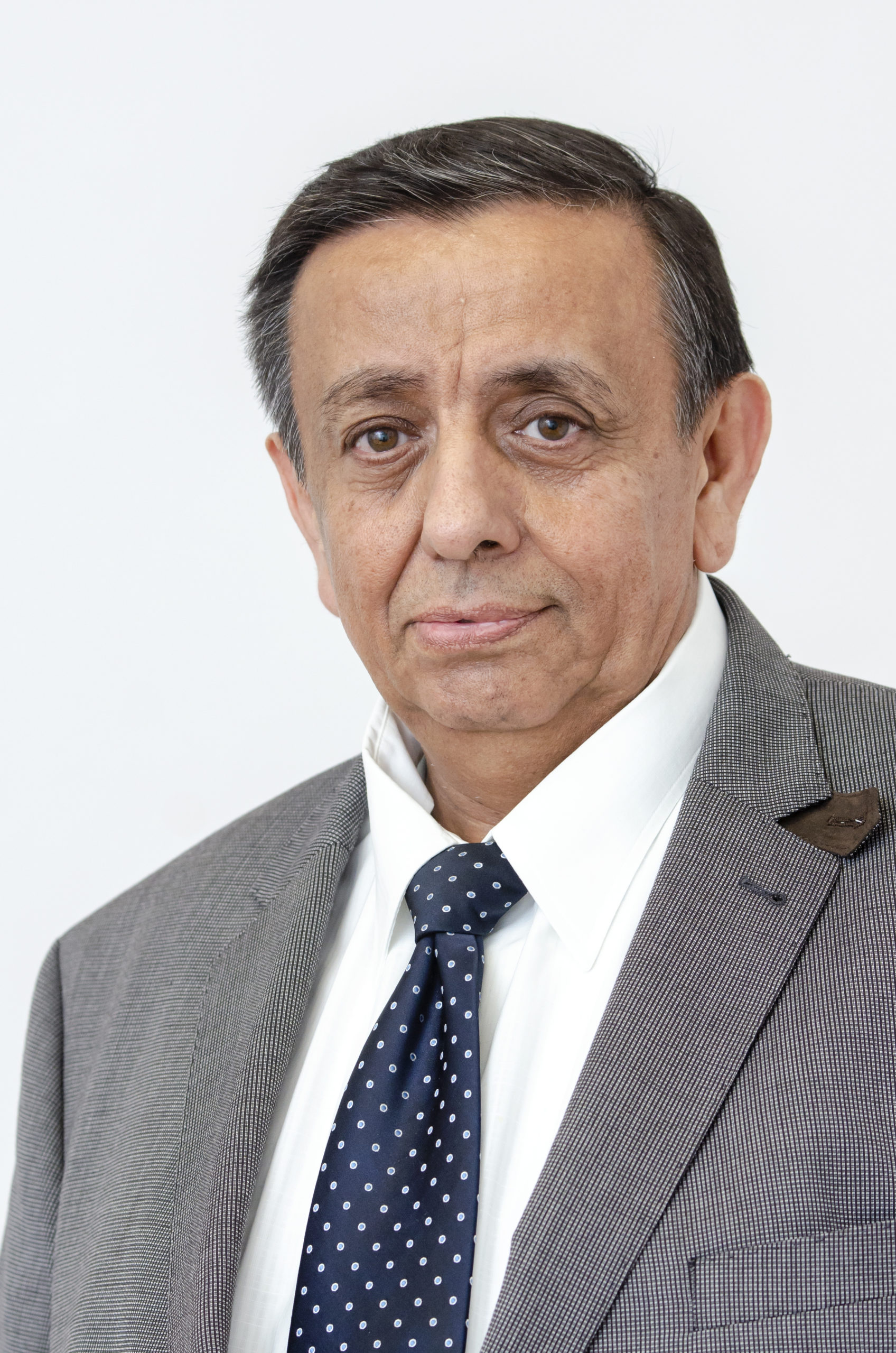
Erich Schneeberger
Deputy Chairman of the Documentation and Cultural Center of German Sinti and Roma and Chairman of the Association of German Sinti and Roma
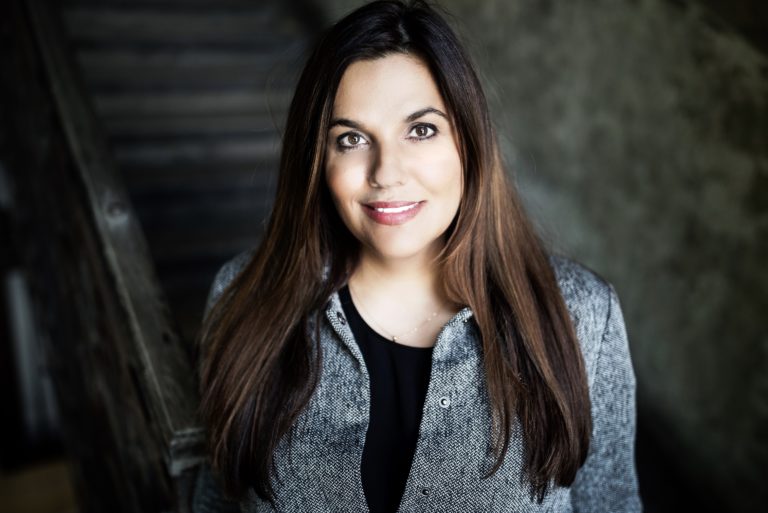
Timea Junghaus
Executive Director
European Roma Institute for Arts and Culture (ERIAC)
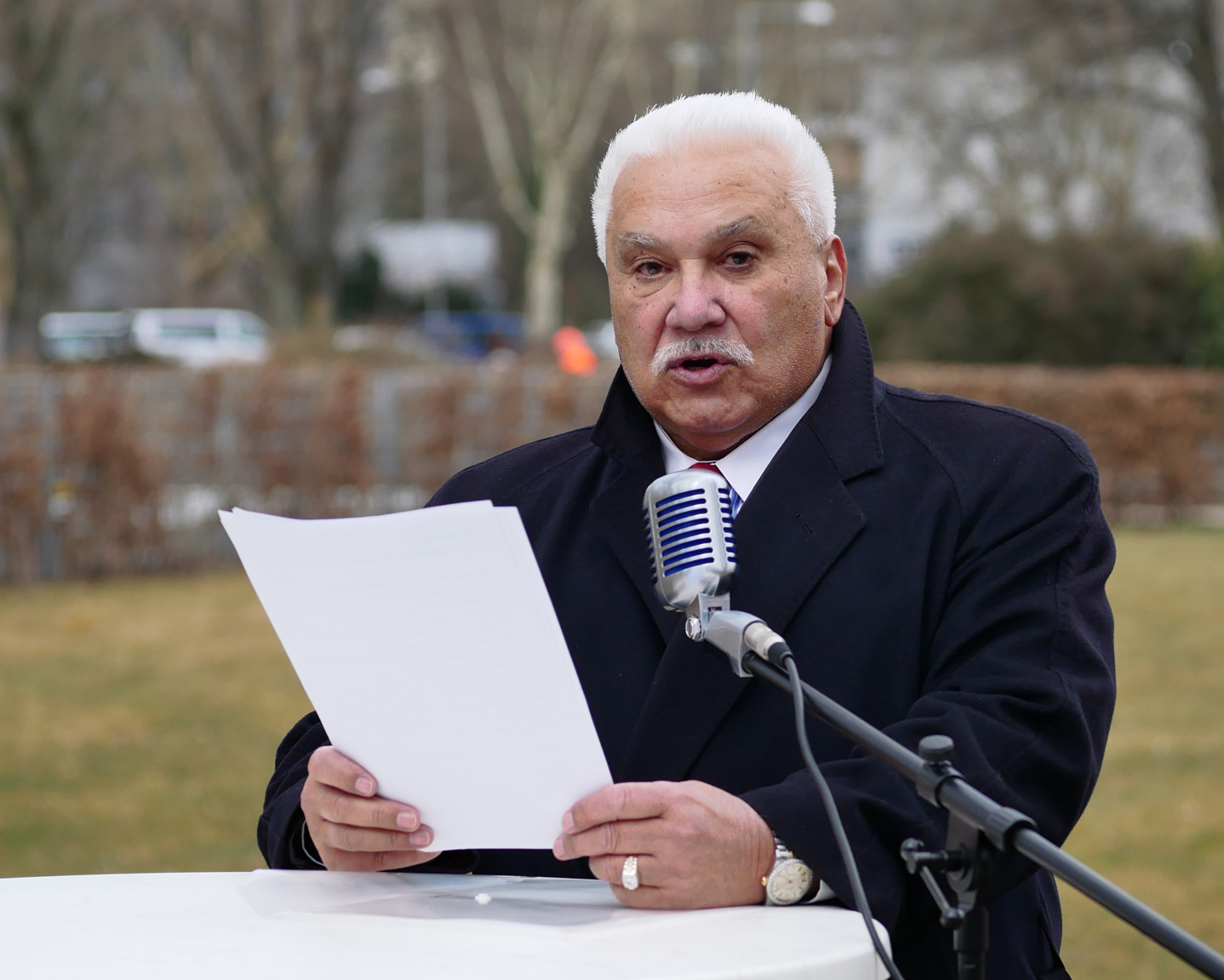
Adam Strauß
Chairman of the Council of German Sinti and Roma in Hesse
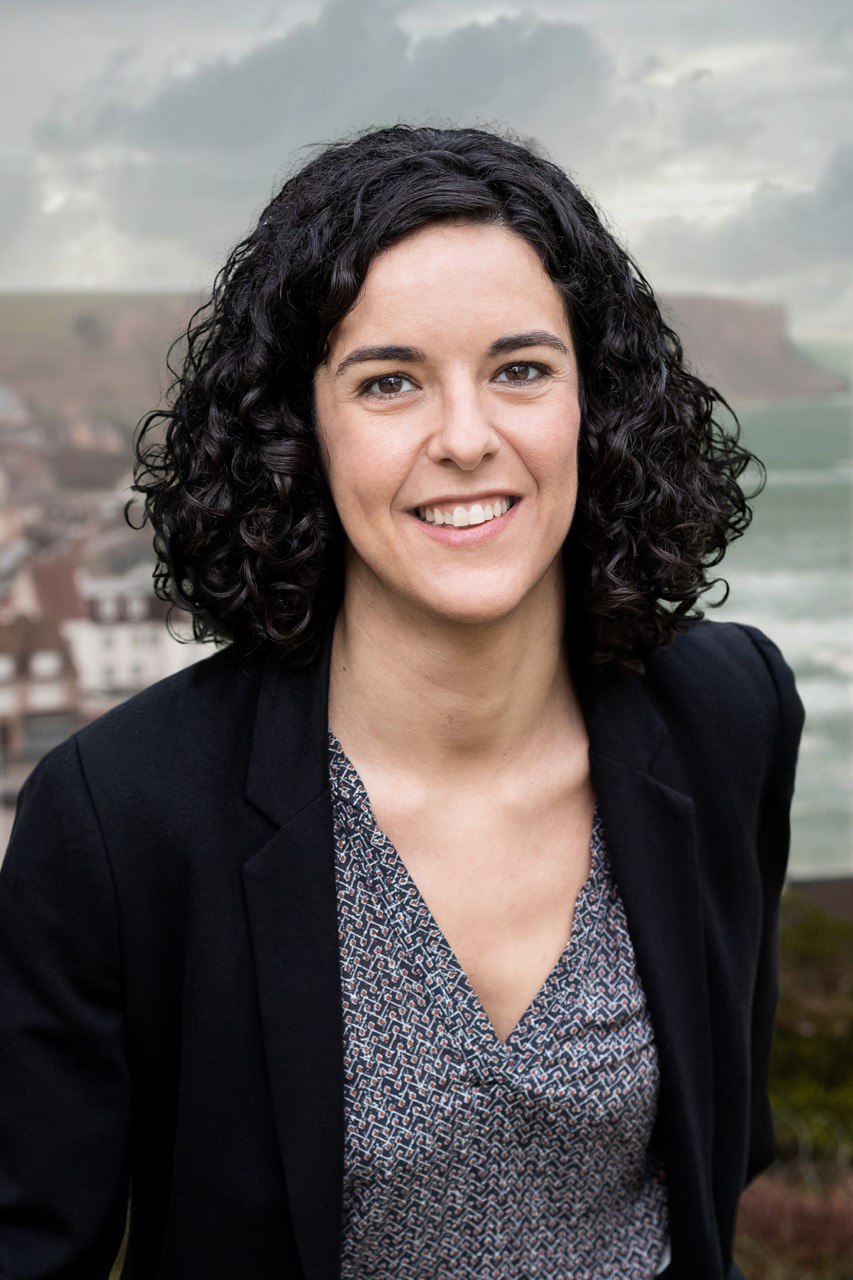
Manon Aubry
Manon Aubry, MEP
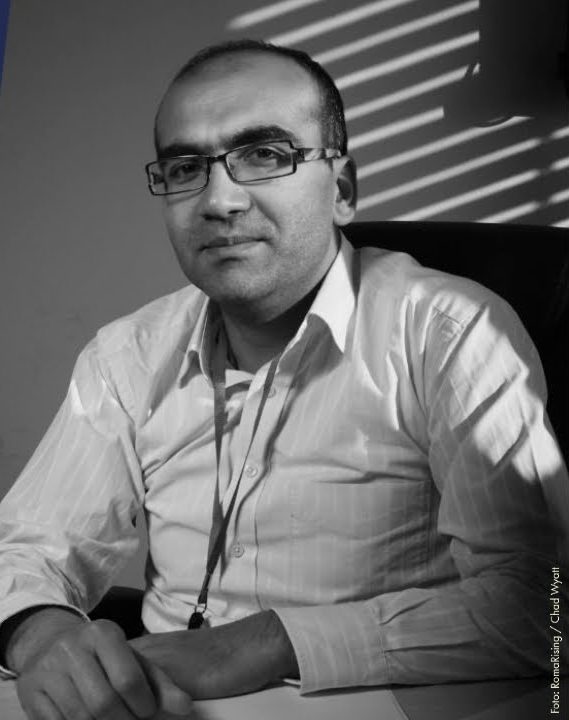
Adrian-Nicolae Furtuna
Historian at the University of Bucharest
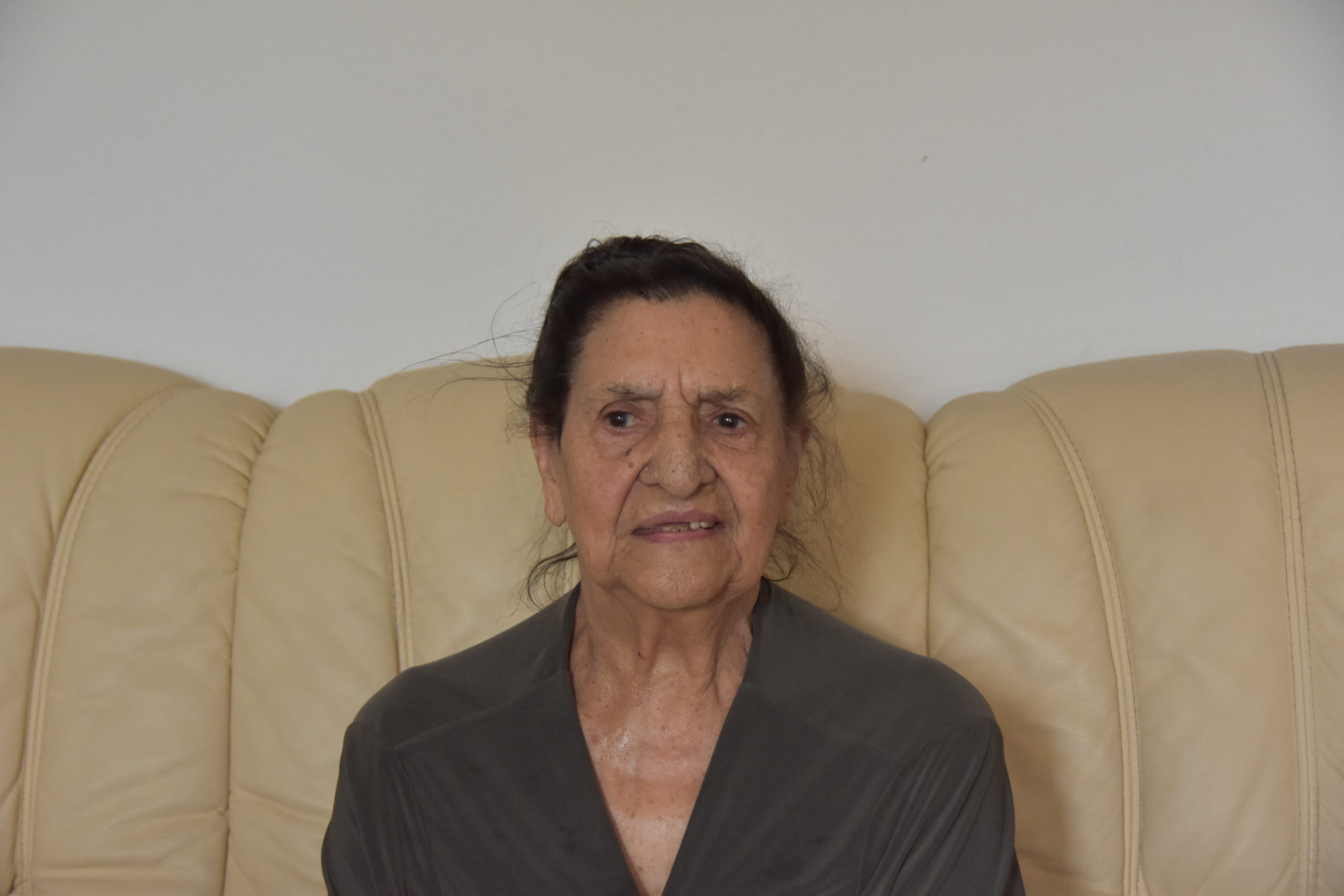
Philomena Franz
Holocaust Survivor

Angelina Kappler
German former Weinkönigin
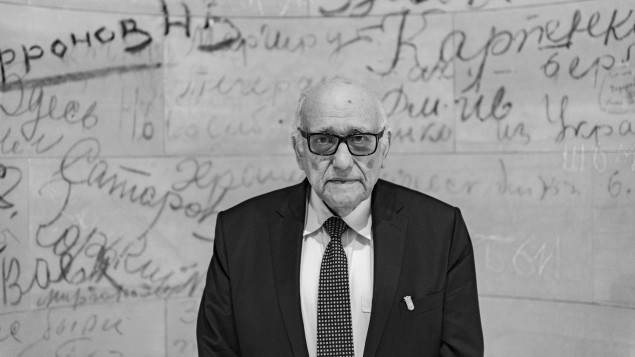
Marian Kalwary
Chairman of the Association of Jews,
Survivors and Victims of the Second World War
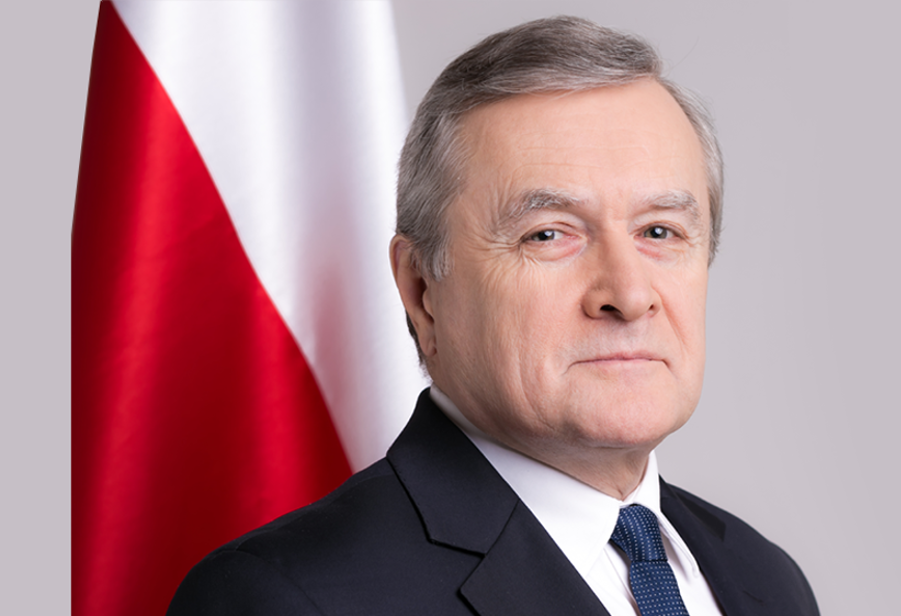
Piotr Gliński
First Deputy Prime Minister and the Minister of Culture and National Heritage of Poland
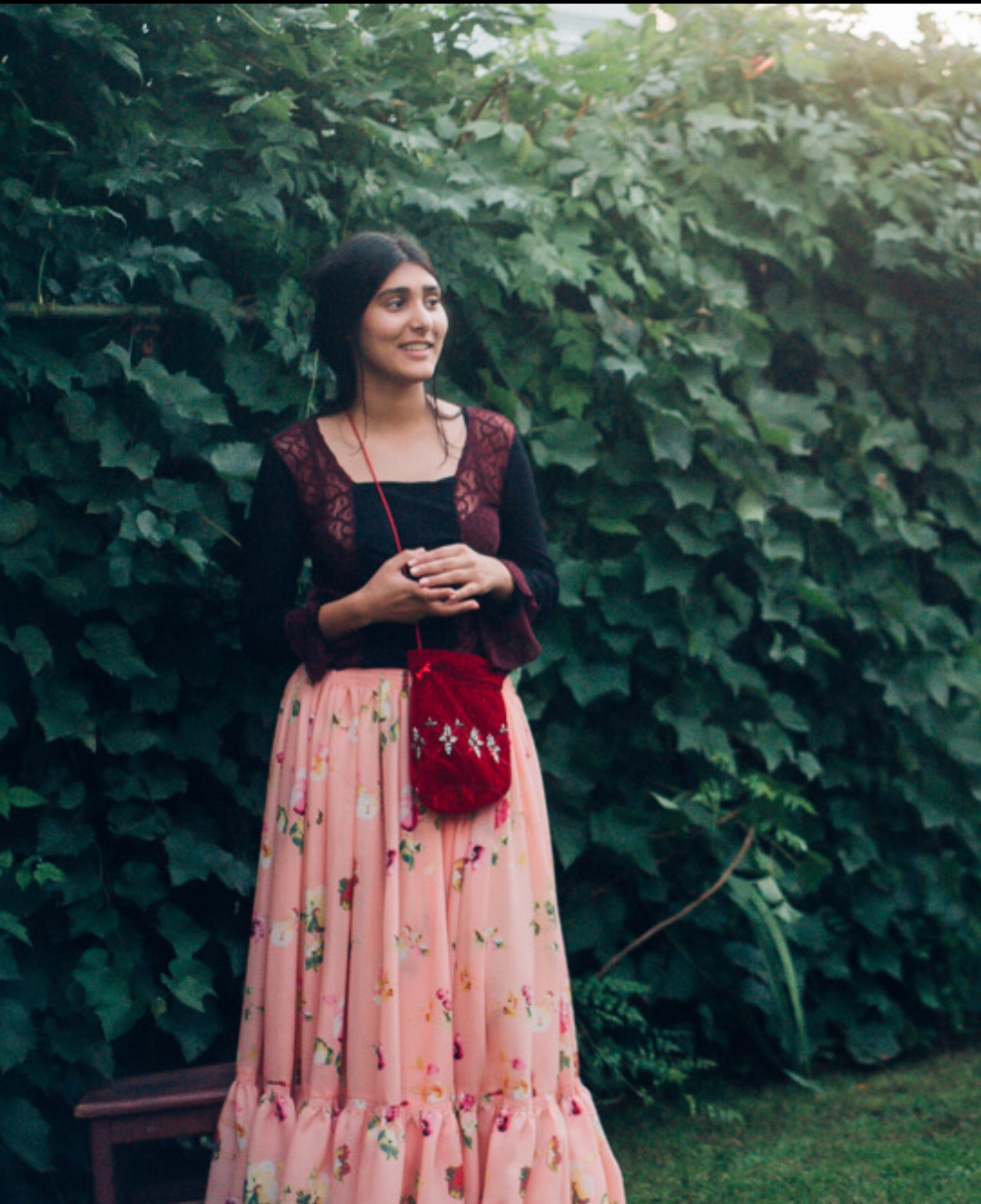
Izabela Tiberiade
Young Activist from Sweden
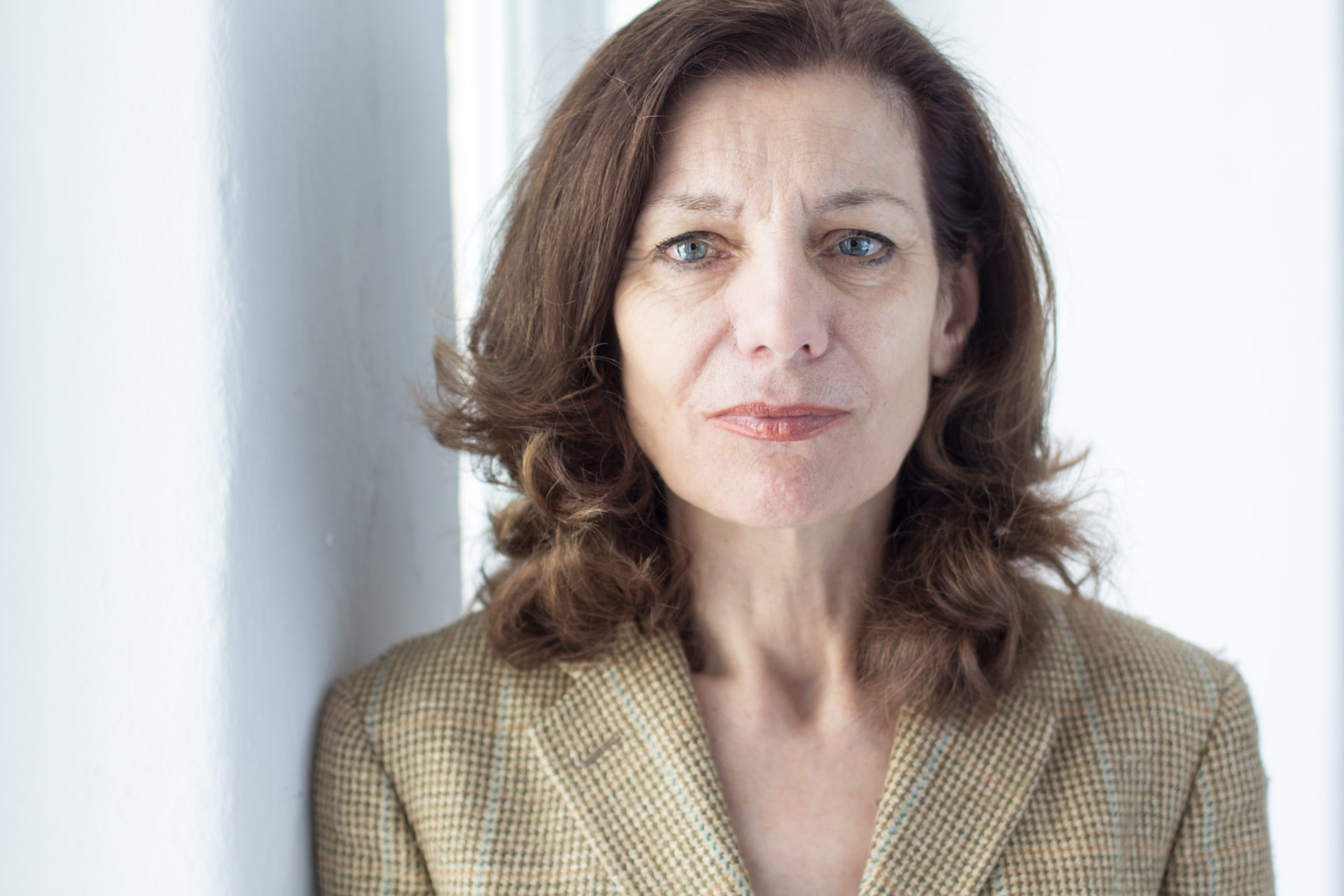
Ursula Krechel
Writer
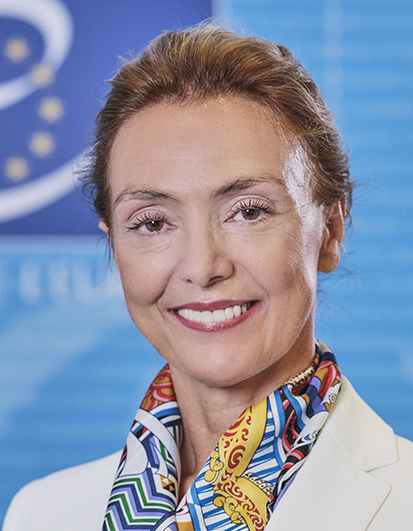
Marija Pejčinović Burić
Secretary-General of the Council of Europe
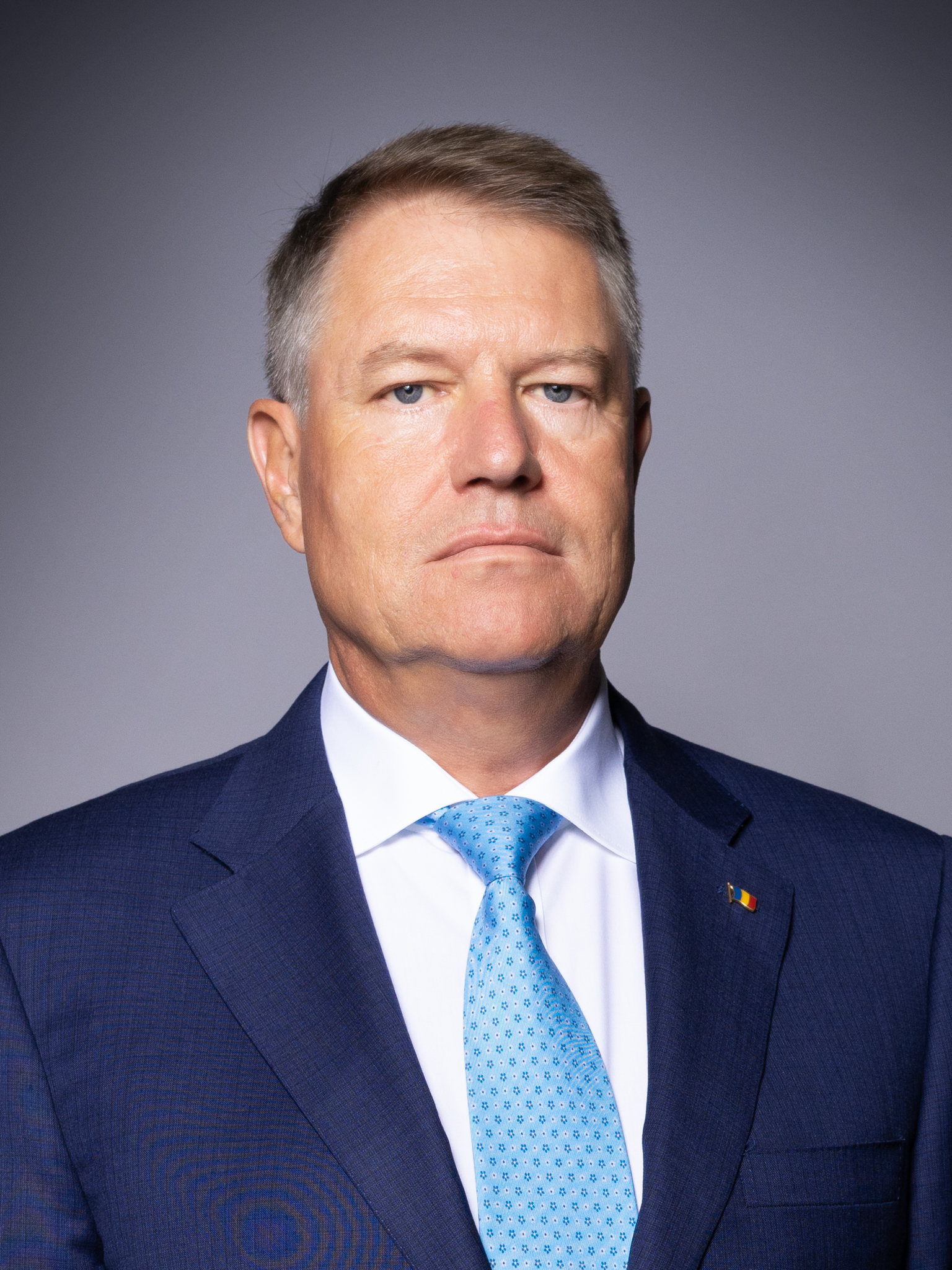
Klaus Iohannis
President of Romania










